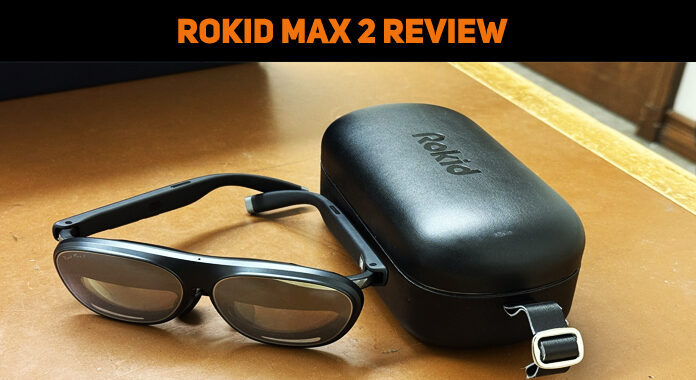Asked By
JJClerk
260 points
N/A
Posted on - 05/12/2011

Hi,
I recently built a Robotic Arm to move objects by human Control. The model was fine and effective. So my new partner who is an Image Processing expert wants to work as a team to expand it.
The problem is, he is on Linux. I don’t know much of Linux. So is there any way I can interface the controller with a PC running Linux, using C++?
The current design uses a small keypad, having 12 keys to control the arm(8) to move (4) to up/down/hold/leave . Each of them generating a 8 bit signal. All I need is to generate the signal from a PC rather than a Controller pad.
What is the method for these? Google doesn’t seem to help much. I would prefer C++, as my partner has better Image Processing experience in C++.
Interfacing a robot arm with C++ in linux.

If you want to use USB, then the option is libusb. But as you described the Controller and how you use the bit pattern to control the arm, I guess the most easiest and almost ready solution to your problem is by using a parallel port.
In GCC linux the function is outb(data,portaddress).
Parallel port address is 0x378.
Note: You may have to set permission from the program, to control the port. And don't forget to revoke them after program exits.
Answered By
JJClerk
260 points
N/A
#91982
Interfacing a robot arm with C++ in linux.

Thanks for the sharp answer. I am going through the Documentation of LIBUSB but it seems that it would take time. Can you give me a short intro?
By the way, if it is easier to implement parallel port then it would be fine. I just need it badly, within this week.
Interfacing a robot arm with C++ in linux.

If you don't have much time, I guess you should go for parallel port.
Here is some code snippet to help you start up:
#include <stdio.h>
#include <stdlib.h>
#include <unistd.h>
#include <sys/io.h>
#include <sys/types.h>
#include <fcntl.h>
#define BASEPORT 0x378 /* lp1 */
#define DELAY 1000000 /* lp1 */
using namespace std;
void init()
{
int tem;
//set permissions to access port
if (ioperm(BASEPORT, 3, 1)) {perror("ioperm"); exit(1);}
tem = fcntl(0, F_GETFL, 0);
fcntl (0, F_SETFL, (tem | O_NDELAY));
}
void kill()
{
int tem;
fcntl(0, F_SETFL, tem);
outb(0, BASEPORT);
//take away permissions to access port
if (ioperm(BASEPORT, 3, 0)) {perror("ioperm"); exit(1);}
}
int a_function_to_move_motor() {
init();
// Do your port control here
kill();
return 0;
}
Answered By
JJClerk
260 points
N/A
#91984
Interfacing a robot arm with C++ in linux.

Thanks a lot, but I still have a problem. I am using this to test:
void push(int pulse)
{
for(int j=0;j<pulse*4;++j)
{
//write 'on' bit on all data pins and wait 1/4 second
outb(00001011, BASEPORT);
usleep(DELAY);
}
//write 'off' bit on all data pins and wait 1/4 second
cout<<"nn";
outb(00000000, BASEPORT);
usleep(DELAY);
}
It's not giving an appropriate output as expected.
Interfacing a robot arm with C++ in linux.

The outb() function takes an integer not binary. So you have to convert it first.
1011 becomes 11
1111 become 15.
Answered By
JJClerk
260 points
N/A
#91987
Interfacing a robot arm with C++ in linux.

Thanks synthesis. Problem solved!!
That was quick.













